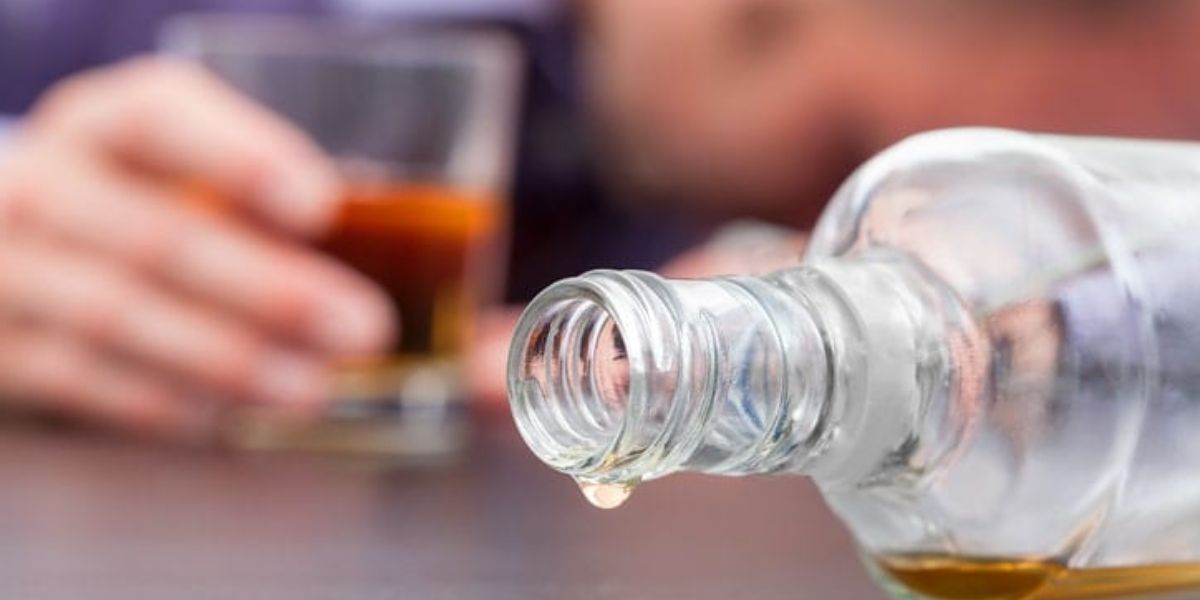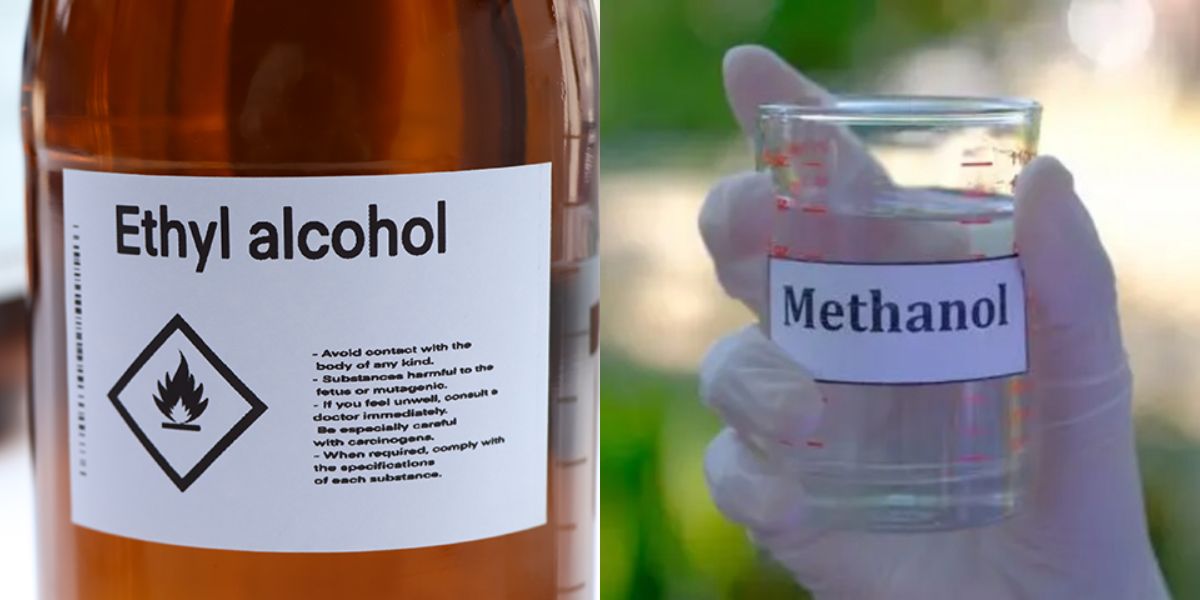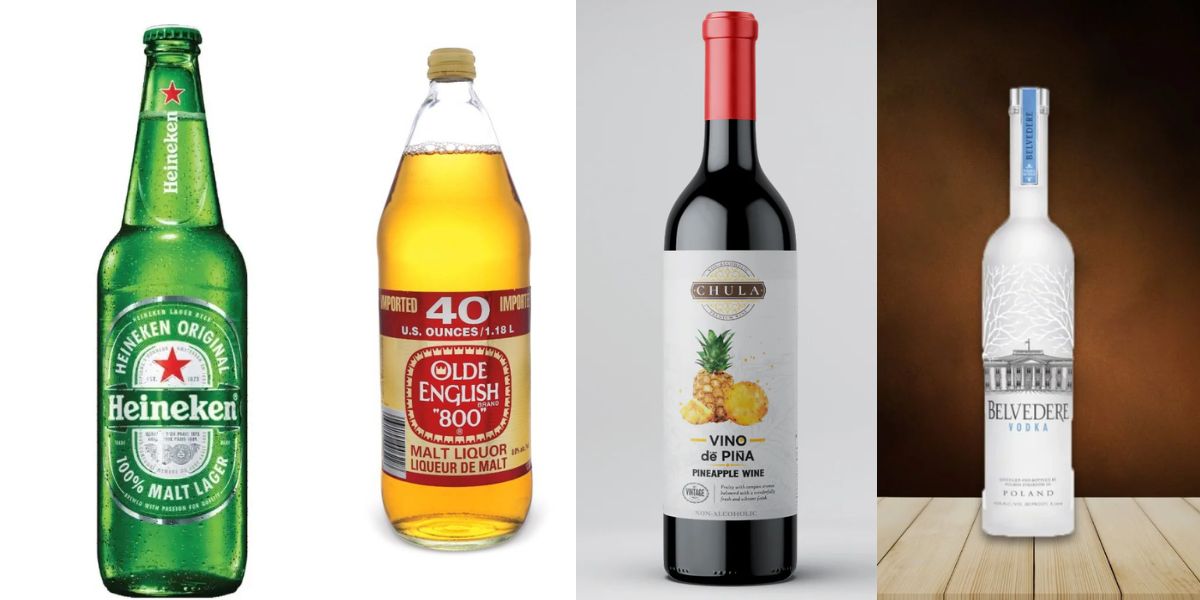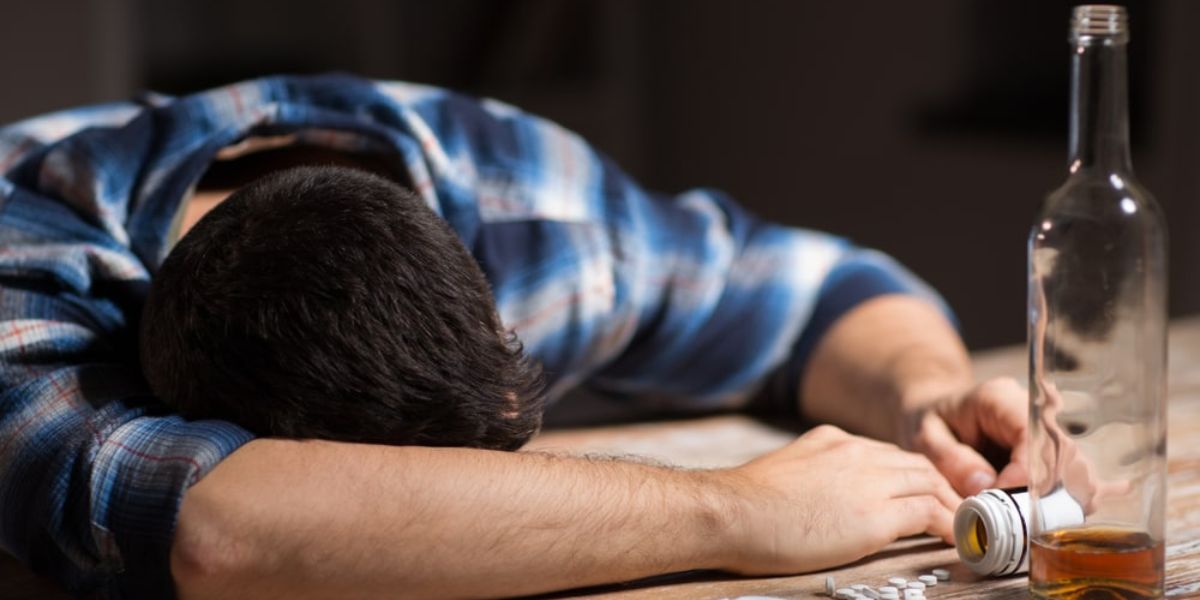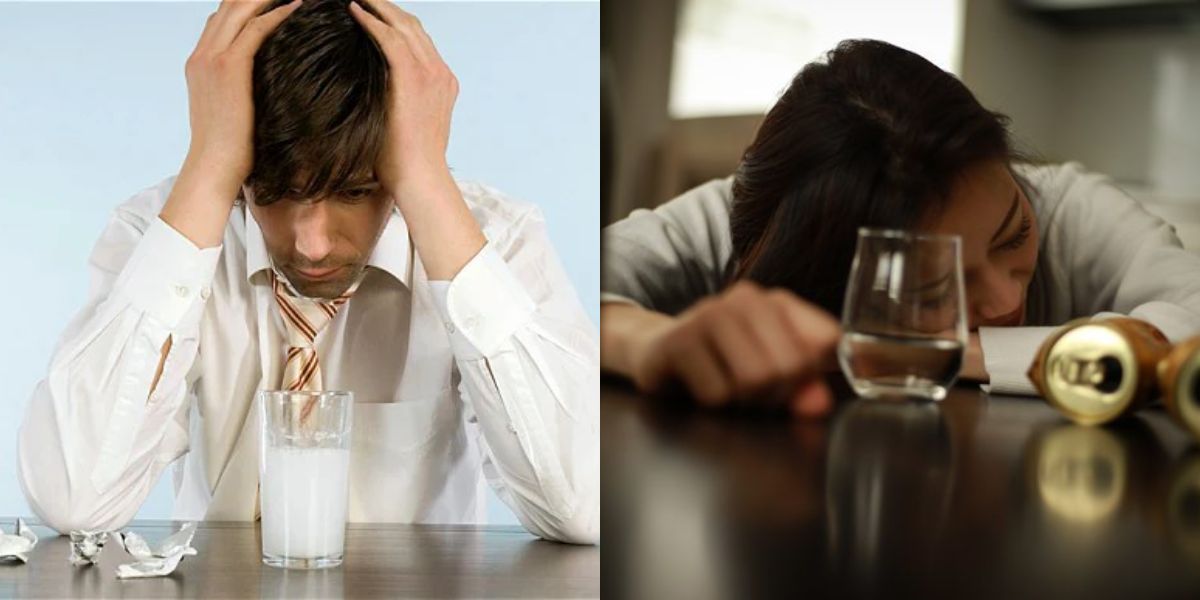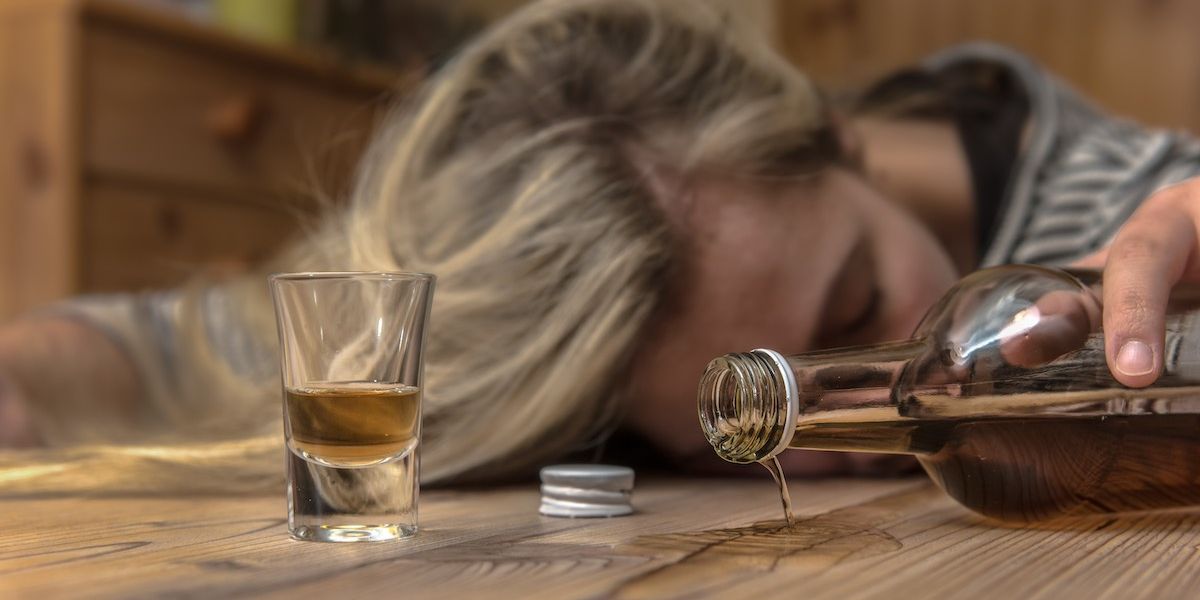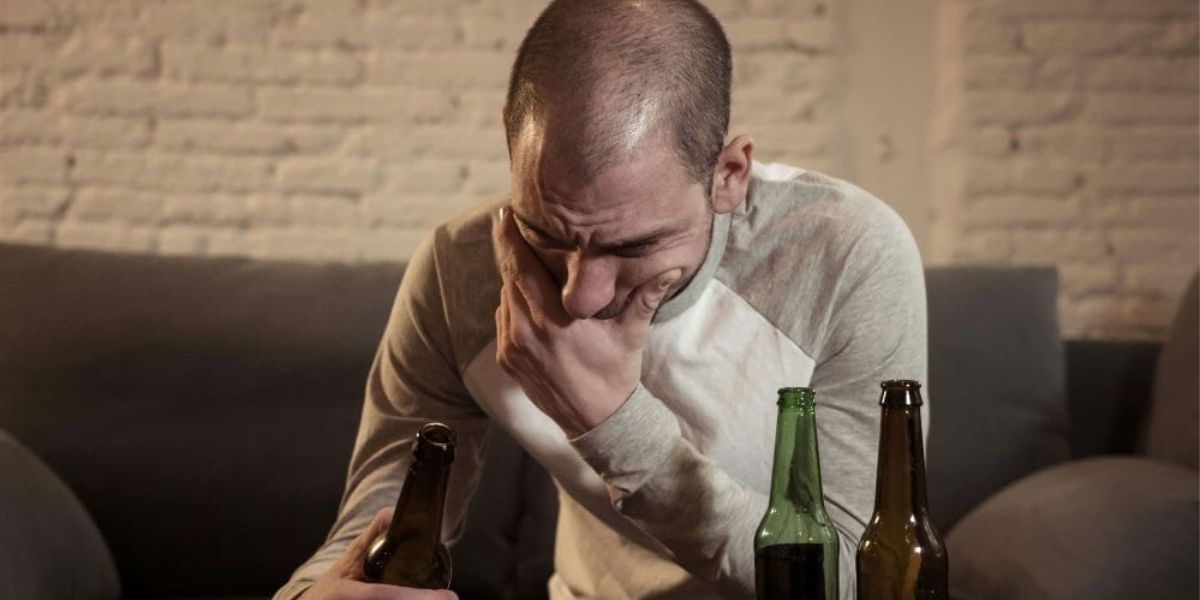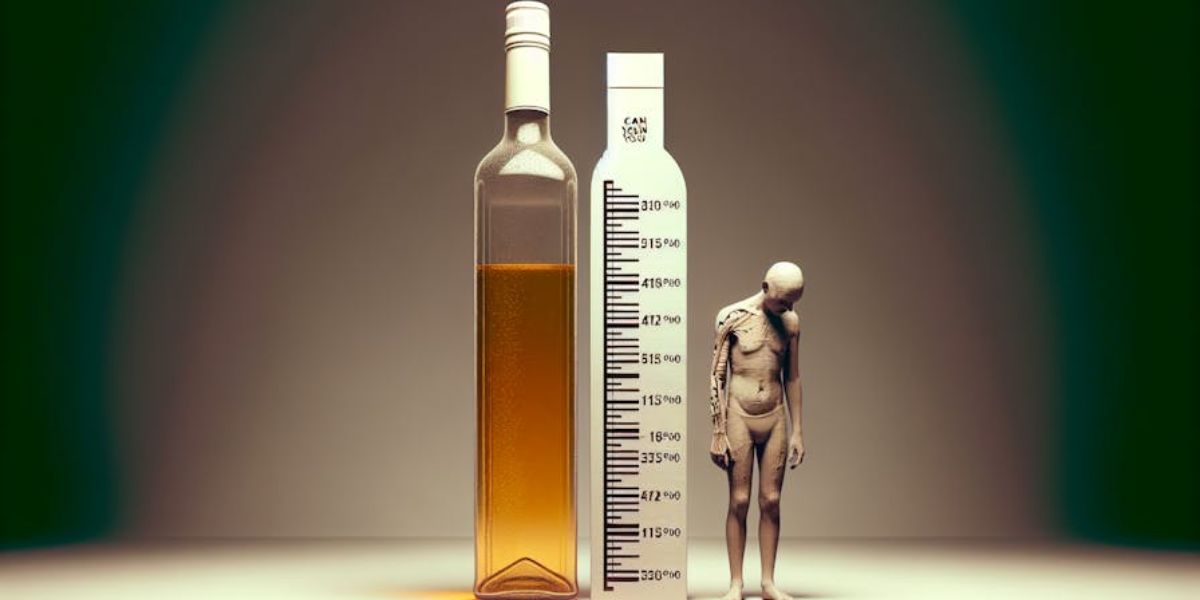Alcohol is a commonly used substance that affects how the brain works. It is also an extremely dangerous drug. While many drink it socially, it can be harmful, especially when it is consumed in large amounts and can result in alcohol poisoning. This is a critical condition that can be deadly if not treated promptly.
These days, binge drinking has become a trend, which increases the risk. Knowing the signs of alcohol poisoning is extremely important to save a person’s life. Before we delve into details of signs and symptoms, let us know what alcohol poisoning is.
What is alcohol poisoning?
Alcohol poisoning happens when a person drinks too much of alcohol than their body can process, in a short period of time. Too much alcohol in the blood can cause certain parts of brain to stop working. This is because, drinking too much, too quickly can affect not only breathing, but also heart rate, body temperature as well as gag reflux. Also, drinking too much alcohol in a short time can overwhelm liver, as it won’t be able to process it fast enough. In some case, it might also result in coma or death. Alcohol poisoning is basically an overdose of alcohol.
Not only adults, alcohol poisoning can also happen to children, if they accidentally or intentionally drink household products that contain alcohol.
Causes of alcohol poisoning
Alcoholic drinks contain ethyl alcohol or ethanol, which is a form of alcohol and is found in some household products, mouthwashes and some medicines. Alcohol poisoning happens when someone drinks large amounts of alcohol too quickly. Alcohol like isopropyl alcohol or rubbing alcohol and methanol or wood alcohol, can be toxic in different ways.
When does alcohol poisoning happen?
Alcohol poisoning doesn’t happen from just one or two drinks. Drinking slowly along with food and water, can help you avoid it.
Factors that increase the risk of alcohol poisoning are:
- Gender: Women feel the affect quicker than men.
- Weight: The lower your weigh, the quicker you feel drunk and eventually fall sick.
- Time and frequency: Your body can take about an hour to process one standard drink. Drinking too much, too quickly can overwhelm your body and can lead to overdose.
- Sensitivity: Your tolerance to alcohol also an important factor that can increase the risk of alcohol poisoning. The lower the alcohol tolerance, the higher the risk.
- Medications taken: If you are on certain medications that can interact with alcohol, it might have harmful effects.
- Amount of food eaten: Eating less food can cause alcohol to be absorbed more quickly and increase the risk of alcohol poisoning.
It’s a myth that some drinks are safer and are less likely to cause alcohol poisoning. All alcoholic drinks have same affect depending on its alcohol content.
Even though the volume and type of drink differ, they contain nearly the same amount of pure alcohol.
Here’s how different drinks contain the same amount of alcohol.
- 12 fl. oz. of beer – 5% alcohol
- 8–9 fl. oz. of malt liquor – 7% alcohol
- 5 fl. oz. of wine – 12% alcohol
- 5 fl. oz. (a shot) of distilled spirits like vodka, whiskey, tequila or rum – 40% alcohol
How can you tell if someone has alcohol poisoning and is just drunk?
A drunk person can talk a lot and be hyperactive, however, a person who is overdosed, might generally feel confused, weak and sick.
Symptoms of alcohol poisoning
- Confusion
- Impaired attention or memory
- Unable to speak or slurring words
- Unable to stand, walk or hold or pick things
- Wetting (peeing) or soiling (pooing) yourself
- Severe dehydration
- Nystagmus-repetitive and uncontrolled movements of eyes.
- Stupor or coma
Signs of alcohol poisoning
- Vomiting
- Slow or irregular breathing
- Seizures or fits
- Skin might turn blue, gray and pale. This can be noticeable inside the lips, on the gums or under the fingernails.
- The body temperature drops, a condition, which is known as hypothermia
- Unconsciousness
- Brain damage
- Heart attack
- Death
Is passing out or loss of consciousness a sign of alcohol overdose?
Passing out or loss of consciousness from drinking can happen when someone drinks a large amount of alcohol and this can be a serious sign of alcohol overdose. If a person has drunk too much and cannot be woken up for a short time, then it means they are in a life-threatening situation and need medical help immediately.
How to differentiate between hangover and alcohol poisoning?
Timing and symptoms are the main differences between hangover and alcohol poisoning. Hangover happens hours after drinking and the symptoms include dehydration, headache, vomiting, body pains, sensitive to light and sound, and shaking.
To reduce the effects of hangover, you can eat foods that have high potassium content like bananas, beans, starchy vegetables, leafy greens, nuts and dairy, and even drink water.
However, alcohol poisoning cannot be treated with food, rest or coffee. Getting medical attention is the only best way to help the person with alcohol poisoning, as the treatments focus on keeping vital signs stable and staying hydrated. These are done through an IV at the hospital.
Things to do to help someone who is suffering from alcohol poisoning
- Stay with the person to reduce the risk of choking on their vomit or stop breathing.
- If they are awake, have them sit up. If they are unconscious, lay them on their side in the recovery position and check their breathing.
- If they can swallow, give them water to sip.
- Keep them warm using a jacket or blanket.
Things not to do
- Stop them from having any more alcohol.
- Don’t give them any drink that contains caffeine as this can cause dehydration.
- Don’t force them to vomit as it can worsen the condition.
- Avoid cold shower or bath as it might get too cold or the person might fall or lose consciousness.
Treatment
Going to the hospital is the only way to save a person who is experiencing severe alcohol poisoning as it requires immediate attention and needs to be monitored. Severe complications such as liver and heart failure, which can be fatal, may occur if alcohol poisoning is not treated promptly.
At hospitals, the person will be given fluids through an IV to keep him/her hydrated. Also, the person might need assistance with breathing until the alcohol is out of his/her system.
Important note
Although the amount of alcohol needed to kill a person can vary depending on various individual factors, BACs (Blood Alcohol Concentrations) between 0.60% and 0.80% are often fatal. It is also important to note that binge drinking i.e., 5 drinks for men or 4 drinks for women within two hours can lead to BAC higher than 0.08%.
Alcohol poisoning can be life-threatening, so it is important to be aware of signs to save someone’s life or maybe even your own! Seek immediate medical help, and never attempt to treat it with home remedies.

